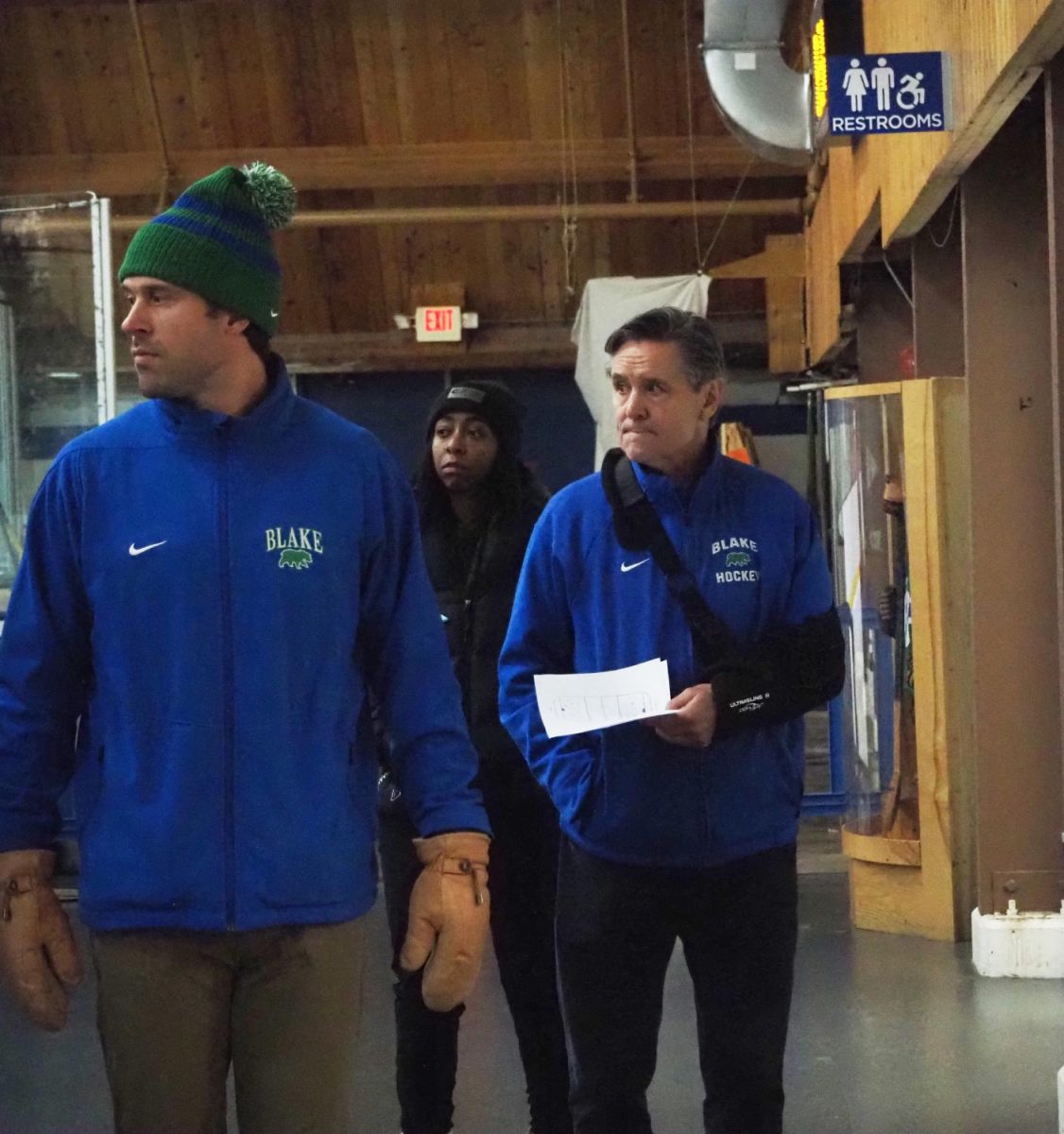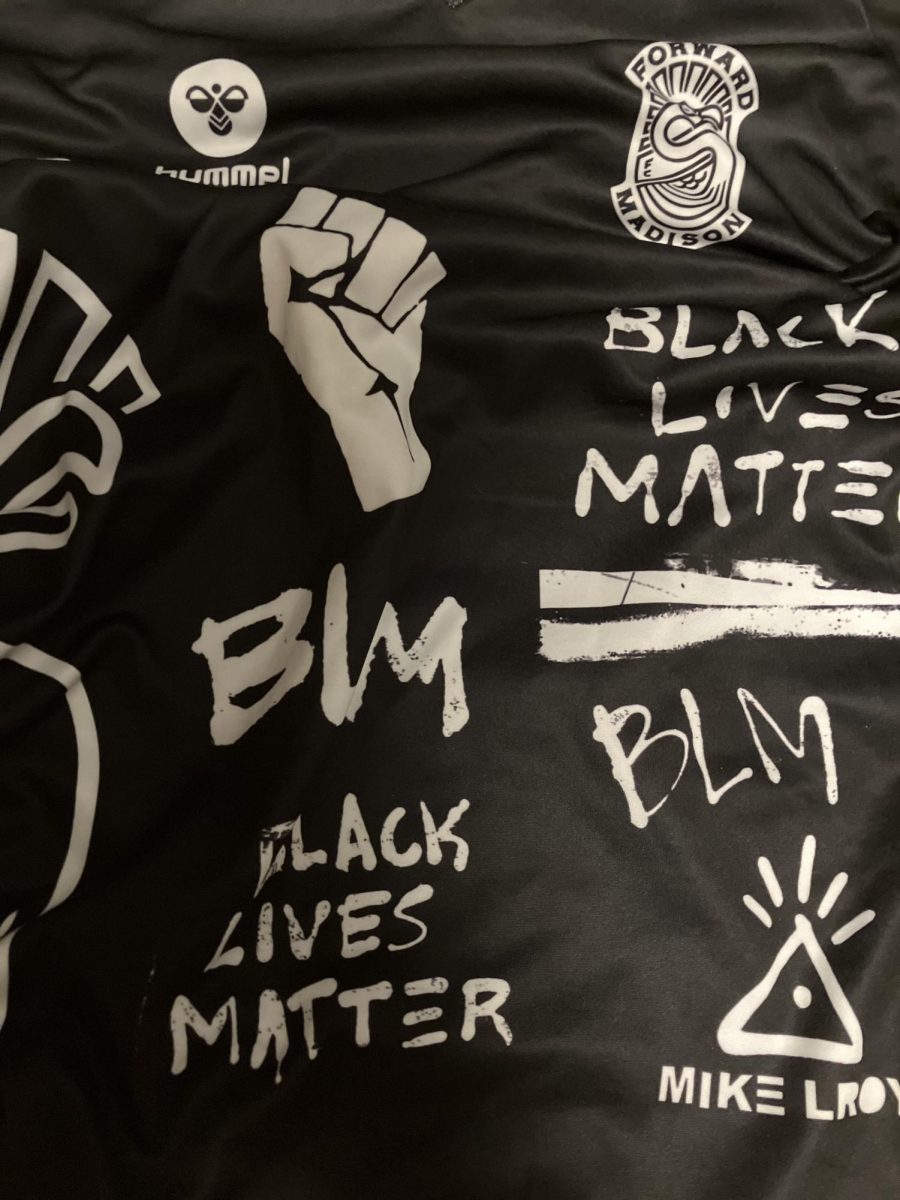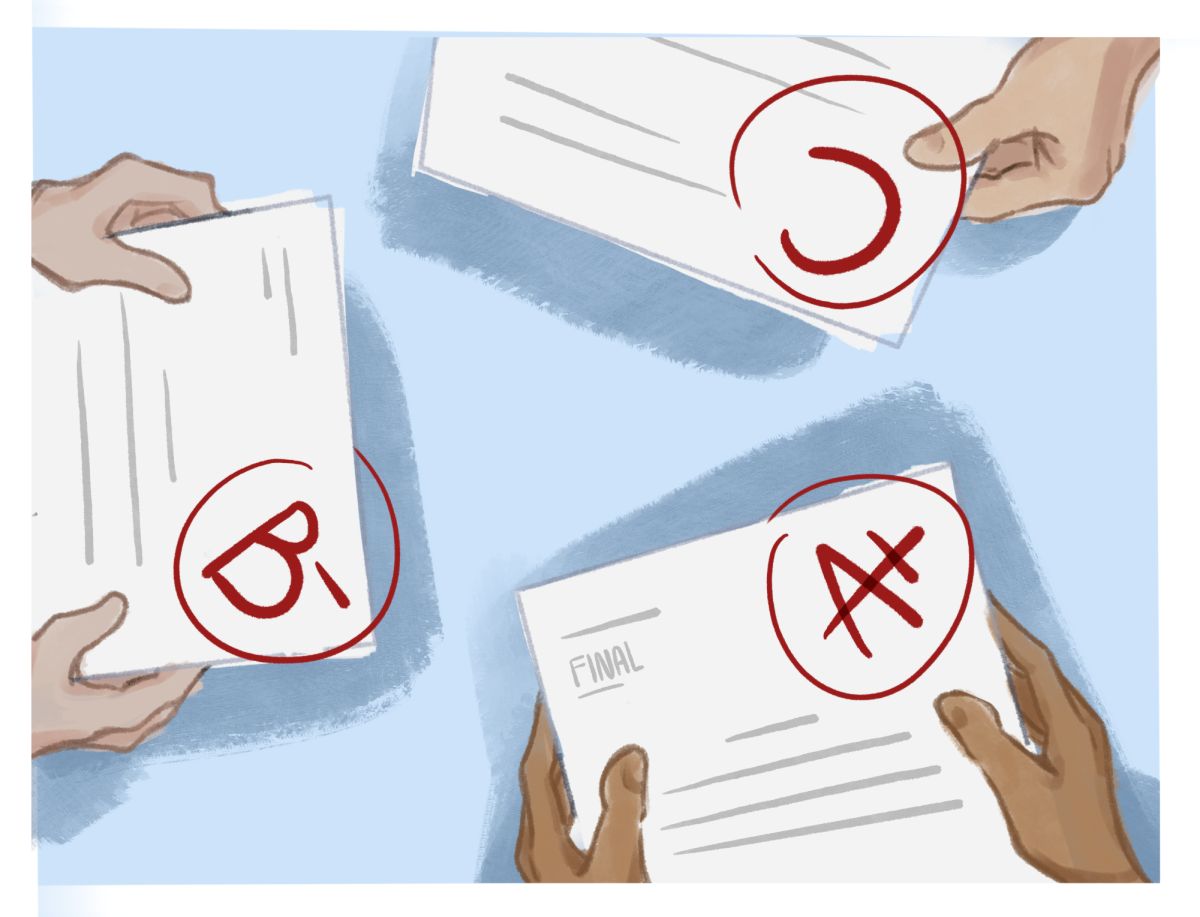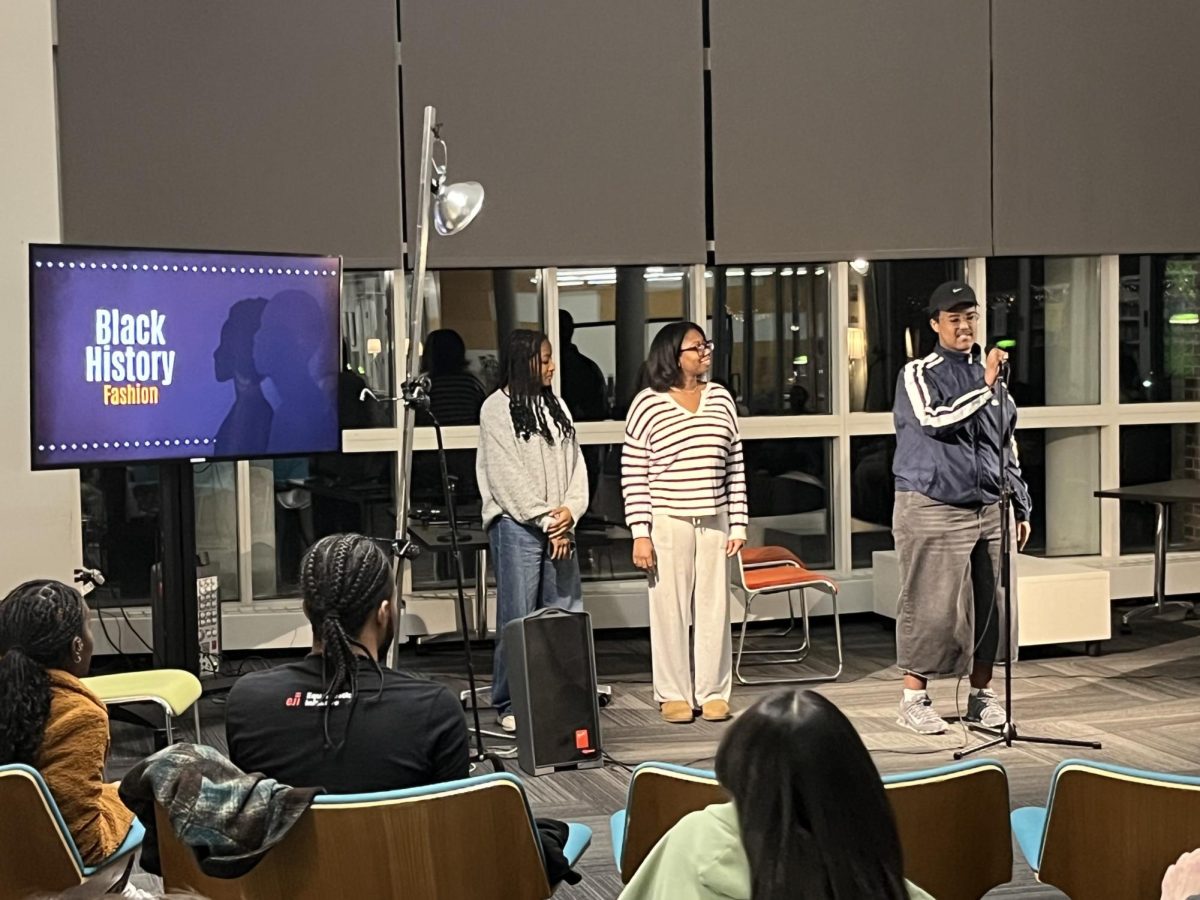Student newspaper of The Blake School
511 Kenwood Parkway, Minneapolis, MN 55403
spectrum@blakeschool.org

March 12, 2025
Yoni Zacks, Editor Emeritus
March 12, 2025
Lilah Johnson, Managing Editor
March 10, 2025
Yoni Zacks, Editor Emeritus
February 7, 2025
Yoni Zacks, Editor Emeritus
February 5, 2025
Dillon Kaiser, Sports Editor

“I'm graduating, so to speak,” Head of School Anne Stavney said. Stavney, currently in her 13th year...

From dumpster diving and professional rollerblading to publishing poems in magazines such as The Paris...

Unified Sports partnered with the varsity basketball team in hosting a community game with the Western...

Art is inherently subjective, but as a school course, it needs to be graded. What determines...

"We wanna win, you know?" stated captain Dominic Bollettieri '25 of the boys' swim team. After months...

Strength. The word Charley Bowles '26 used to best summarize the Girls' Basketball team's season. While...

As the end of the school year slowly approaches, the time rolls around for students to request their...

Revealing test scores is a destructive numbers game. Education should be centered around understanding...

History months are needed. With over 3,000 cultures in the world, it is almost certain that some...

Harvard Office for Equity, Diversity, Inclusion, and Belonging states that a “history month is dedicated...

Eight workers. 250 pounds of food a day. Over 500 people to serve. The job of the Taher staff is...











